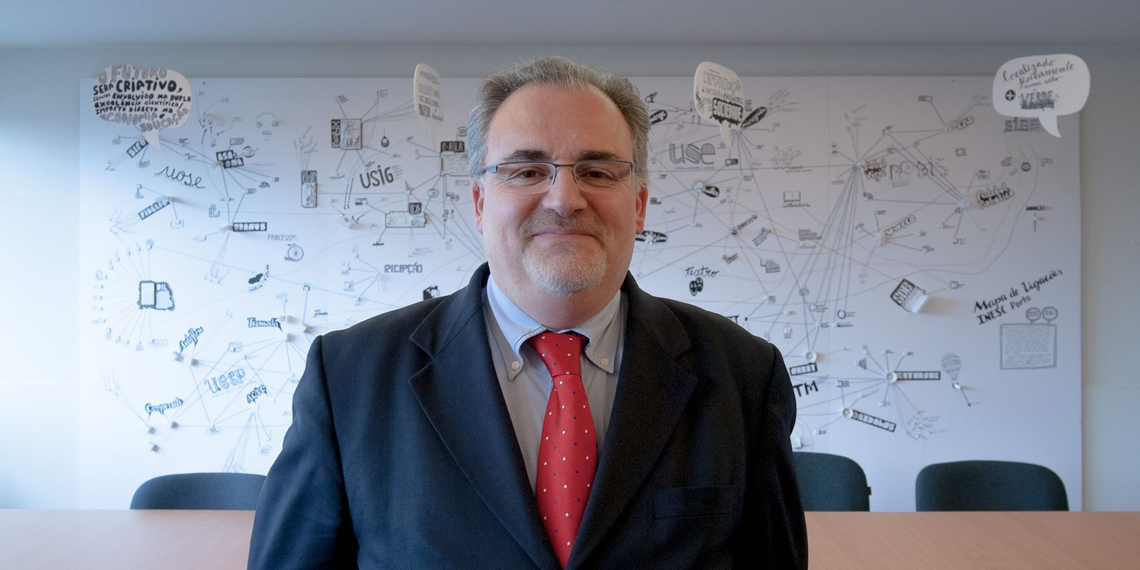The question of new financing programmes and the subsequent opportunities has already been addressed in the last two editorials, by Marta Barbas and Luís Seca. At the risk of sounding unoriginal, I believe we should return to this topic, but focus on a different aspect.
Those who have been in this business for many years remember the period when national programmes were more attractive than European ones. Moreover, we were still going through a period of preparation, so we could be able to compete and collaborate with the best at European level. At that stage, the mobilisation of researchers and companies to participate in European programmes was quite difficult, because the national alternatives were, at least apparently, better and easier.
Over the years, this scenario has changed significantly. European programmes have become much more attractive, with 100% financing rates – even for companies -, simpler, faster, and less bureaucratic processes, predictable calls, etc. In addition, national entities and their researchers have been conquering their own space, becoming references and preferred partners in various areas.
The results of this evolution are in plain sight: at national level (Portugal has increased its participation considerably, thus becoming a net beneficiary of European R&D programmes), and in the specific case of INESC TEC (with an increasing participation in European programmes and initiatives, and the effort towards the creation of the INESC BRUSSELS HUB).
However, the cumulative release of the Recovery and Resilience Plan (PRR) and the Portugal2030 (PT203) could influence this scenario. In addition, the announced change to 100% of the PRR financing rate, for entities part of the science and technology system, may lead them to redirect their attention and resources again, particularly to national programs.
Although such a change may seem natural and appropriate, it entails serious consequences and risks in the medium and long-term, namely:
- The PRR has a very limited duration, and the structural funds will be gradually reduced, following the country’s development. After that period, European programmes will become an even more important source of funding and those who are not able to participate effectively and efficiently may find themselves in a delicate situation.
- Only through active and consistent participation in European initiatives can one contribute to the definition of a relevant set of policies and financing programmes, particularly the so-called public-private partnerships.
- The participation in European programmes means much more than access to funds: it also comprehends the integration into networks, technology watch, internationalisation and subsequent training, benchmarking, etc.
- After reaching a reasonable level of training, the learning and convergence processes are mainly accomplished by collaborating and competing with the best, i.e., competing in the Champions League, and not just in the National League.
Therefore, it is crucial to ensure that we take advantage of current opportunities, and that we are also prepared for the future, by gradually reducing our exposure to the structural funds.
In this sense, it will be necessary to take bold decisions, allocating a relevant part of our resources to more demanding opportunities and projects (European), namely when compared to others (national or regional) that seem better (closer, easier, etc.). This will not be an easy task, since the temptations and pressures will be great, as demonstrated during the PRR Agenda call.
It is also up to public agents to acknowledge the importance of this venture, creating incentives that induce the desired behaviours in the ecosystem; for example, using the amount of funds raised in European programmes as a relevant factor in the assessment of institutions and/or creating financing mechanisms indexed to said fundraising, e.g., matching funds, similarly to what happens in other countries.
As a result of the work it has been developing, INESC TEC has achieved competences and the credibility that allow making choices regarding the institution’s main sources of funding. We should take these decisions while also (or essentially) thinking about the future.
José Carlos Caldeira, Member of the Board of Directors




 News, current topics, curiosities and so much more about INESC TEC and its community!
News, current topics, curiosities and so much more about INESC TEC and its community!